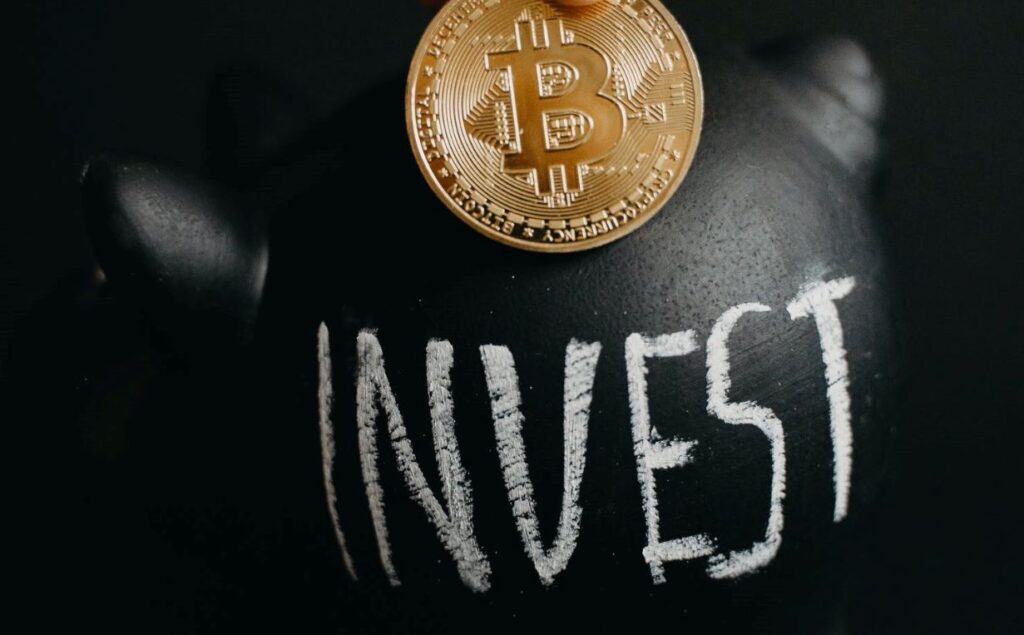Amber Group, a cryptocurrency financial services firm, has raised $100 million as investors rush to back companies in the industry.
The fresh funding round values the Hong Kong-based start-up at $1 billion.
Investment bank China Renaissance led the round with participation from other high-profile investors including New York-based Tiger Global Management. Existing investors, which includes Coinbase’s venture arm, were involved.
The latest funding round continues a flurry of funding activity in the cryptocurrency industry.
In the second quarter of 2021, venture capital investment into cryptocurrency and blockchain start-ups totaled $14 billion, according to data from PitchBook provided to CNBC. That compares to just $600 million in the same period last year.
Interest in cryptocurrencies, particularly in bitcoin, rose this year as institutional investors and large corporations jumped in. Payments processor Square and electric vehicle maker Tesla are among the companies that have purchased bitcoin.
But after touching a record high of $64,829.14 in April, bitcoin has plunged by nearly half.
Business model
Amber Group has typically sold products to institutional investors and wealthy individuals including algorithmic trading and lending products.
Rather than being a cryptocurrency exchange that allows users to trade individual digital coins, Amber Group CEO Michael Wu said the company is bringing a “private banking experience to every day customer.”
Wu says the company offers investors a number of different cryptocurrency products to invest in.
Amber Group said it is on track to book revenue of $500 million by the end of this year and has been profitable “since inception.”
According to Wu, between 70% and 80% of the company’s revenue comes from so-called net interest margin — a measure of lending profitability. Amber Group takes on customers’ deposits and offers them an interest rate. They then lend out the money from a pool of deposits to other entities at higher interest rates and make money from that spread.
About 15% of revenue comes from trading fees.
While the majority of the company’s customers are institutional investors, Wu said Amber Group is making a push to gain individual investor customers.
“We don’t advocate heavy speculation or high use of leverage, rather we want our customers to be more long term, focus on risk management and get stable and attractive yield,” Wu said.
Strategic acquisitions
The CEO said the fresh capital raised will be used to “hire even more aggressively” and to make strategic acquisitions in areas such as cybersecurity.
But Wu said the company is also looking to acquire others that have regulatory licenses in certain jurisdictions, which could allow Amber Group to enter a new market.
Regulation around cryptocurrency investing differs around the world and is quite fragmented.
“I think regulation is always a challenge for this industry because it’s a very global industry,” Wu said. “It’s always about staying ahead, or at least staying aware of the different regulation. We always take a very conservative approach to that.”
Source Credits: CNBC

 Business1 week ago
Business1 week ago
 Business1 week ago
Business1 week ago
 Business1 week ago
Business1 week ago
 Business1 week ago
Business1 week ago
 Business1 week ago
Business1 week ago
 Business1 week ago
Business1 week ago
 Business1 week ago
Business1 week ago
 Business2 days ago
Business2 days ago


























